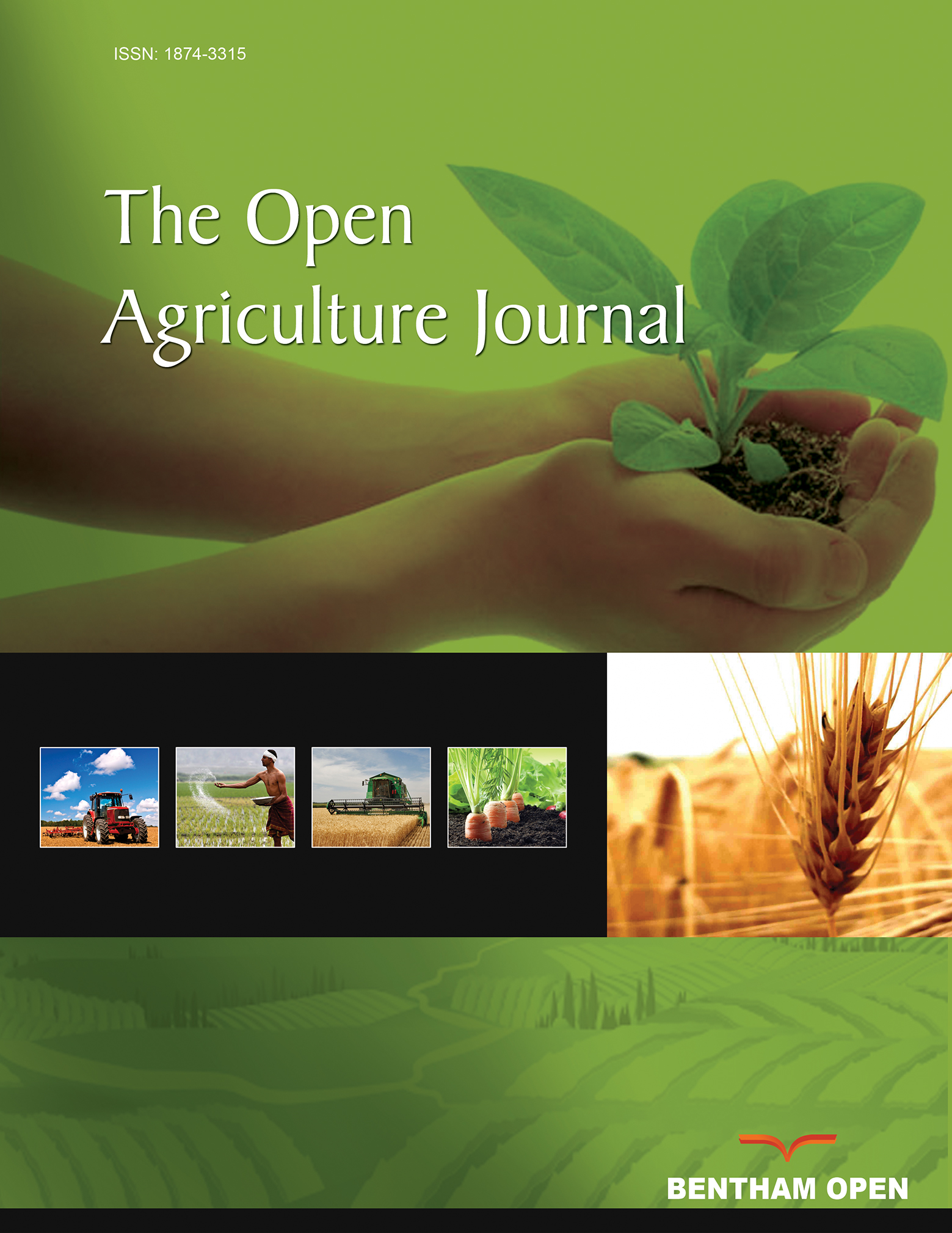All published articles of this journal are available on ScienceDirect.
Morphological, Physical and Chemical Characteristics of Soils under Three Geological Formations in some Parts of Ogun State, Nigeria, and their Agricultural Potentials
Abstract
Background:
Understanding soil characteristics is crucial for optimizing soil health, agricultural productivity, and implementing effective soil management practices.
Objective:
The objectives of this study were to characterize the morphological, physical and chemical properties of the soils, developed on three different geological formations.
Methods:
The study was conducted in the three geological formations, viz; Basement complex rocks, Coastal Plain Sand and Ewekoro Formation. Soil samples were collected from the pedogenic horizons of each profile pit and replicated into well-labeled polyethylene bags. The profile pits were described morphologically and soil samples were analyzed for their physical and chemical properties.
Results:
The results indicated that there were no significant physical constraints hindering agricultural activities in the studied areas. Based on the mean values across geological formations, the soils exhibited favorable pH levels, total nitrogen content, soil organic matter, and exchangeable cations, all of which were conducive to crop production. However, the availability of phosphorus was found to be inadequate. Furthermore, the chemical properties of the soils were ranked in the order of basement complex > coastal plain sand > Ewekoro formation, and upper slope > middle slope > lower slope.
Conclusion:
The soils require fertilizers that are deficient in nitrogen and potassium but rich in phosphorus, to optimize crop growth and productivity. To sustain soil fertility, a comprehensive soil management approach is recommended, which includes the incorporation of both organic and inorganic amendments. Effective practices for managing organic residue and promoting cropping systems such as crop rotation and intercropping, especially involving legumes, are essential. These strategies can help maintain soil fertility over time. Additionally, regular soil tests for fertility evaluation are crucial and should be conducted every two years, particularly after continuous cropping.


